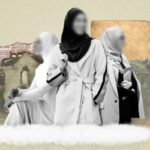Category: Women
Women’s freedom, or women’s liberation, is one of the three main pillars of the Rojava Revolution and the stateless self-governance model of the Autonomous Administrations of North and East Syria (AANES), as well as the Kurdish freedom movement more broadly, which initiated the revolution.
Women’s liberation is the most central pillar of the Kurdish freedom movement, and it is no exaggeration to say that the Rojava Revolution is a women’s revolution. There are many elements of the new system of radical democracy which have been created to build up women’s autonomy and freedom, such as the co-chair system, women’s co-operatives, and autonomous women’s councils in every democratic structure at every level of the system.
This is a strategy based on a historical understanding that patriarchy was the first system of oppression, developed more than 5,000 years ago in ancient Mesopotamia, and that all other systems of oppression such as race, class, imperialism, colonialism and slavery, as well as capitalism and the state itself, all have their roots in patriachy – the rule of men and enslavement and subjugation of women.
In the articles below, you can find information about women in North and East Syria, their lives, co-operatives and communal economy projects, and how the new system aims to build up women’s confidence and autonomy. There are also articles about women’s lives, livelihoods and struggles for liberation in the regions of southeastern Turkey known as Bakur by their largely Kurdish populations.
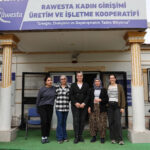
Rawesta Women’s Cooperative: Solidarity and collective labor against poverty
Rawesta Women’s Cooperative confronts women’s poverty and the hardships of prisoners’ families through collective production.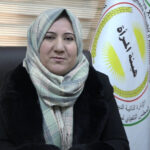
The Women’s Authority Continues Empowering Women Despite Challenges
From social protection to political participation and economic empowerment, the Women’s Authority in Jazira Canton continues its efforts to strengthen women’s rights and safeguard their achievements in the face of security, political, and economic crises.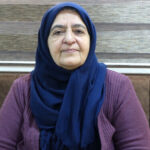
Women’s House in Qamishlo: Ongoing Empowerment Despite Security and Humanitarian Challenges
The Women’s House in the city of Qamishlo continues its efforts to protect women and children from violence, support forcibly displaced people, provide legal and social consultations, and promote awareness of women’s rights.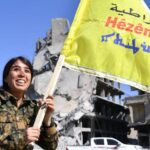
Raqqa, the Resistance of Dignity
I still remember the first time I visited Raqqa. It was in June 2018. A few months earlier, in October 2017, the so-called Operation Wrath of Euphrates, which had entered its final phase in June of the same year, put an end to four years of Daesh darkness in the city it had proclaimed as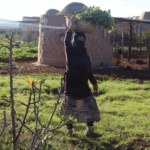
Zenobia Women’s Gathering
We wanted to share something about Zenobia especially in these times. In the days where women are gathering around the world to make the stance that they will not give up what they have achieved. Zenobia Women’s Gathering was founded in 2021 and is a women’s movement in Raqqa, Tabqa, Manbij, Deir ez-Zor and other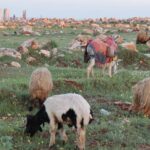
Defending Life: Resistance Means Peace and Afrin Means Home
What does true peace mean in these warlike times, and what does it have to do with home?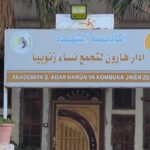
Defending life: Interview with Zenobia Women’s Gathering
There are walls in hearts, walls between people coming together, walls blocking connection and development just like the border between the Turkish and Syrian Nation state, that is separating peoples and cities that used to be one. These days we see how walls can be overcome, with people on both side of the border chanting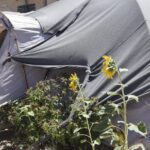
The Long Breath of Tabqa and Raqqa
Encounters with Women Between War and the Everyday Revolution.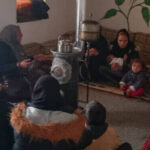
Women’s Communes: An Organizational Framework to Face Challenges and Promote Equality
“Women’s communes in North and East Syria strengthen women’s roles and organize them democratically, ensuring participation in society. Born from the women’s revolution, they promote equality, freedom, and confront social and political challenges."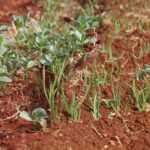
The Siege Weakens Economic Activity and Heavily Affects Families
The Women’s Economy Committee in the neighborhoods of al-Ashrafiya and Sheikh Maqsoud in the Syrian city of Aleppo is working to finance and implement service and productive projects to support women and challenge the reality of the siege.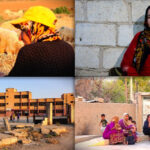
Women build social solidarity in Zirgan
Women have rebuilt their life in solidarity with each other in the village of Zirgan (Abu Rasin), located in the Jazira Canton of North and East Syria, despite the ongoing Turkish attacks.